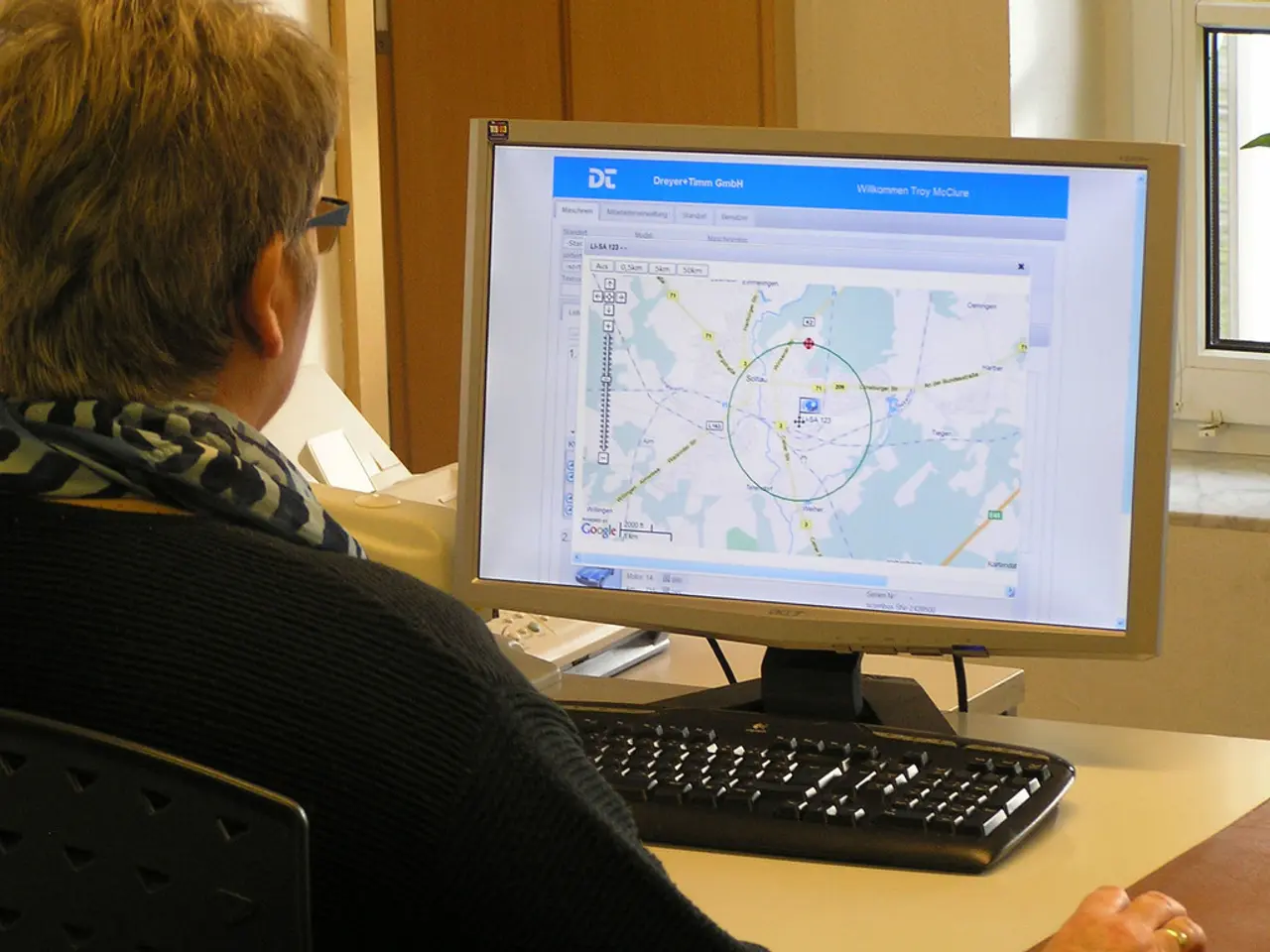Improved Electric Car Batteries: BASF Enhances Chinese Battery Strength
In the rapidly expanding electric vehicle (EV) market, a significant trend has emerged: Chinese materials are found in approximately 95% of all global EV batteries. This dominance stems from China's vast battery production capacity, aggressive expansion, and market leadership by major companies like CATL and BYD, which together account for over 60% of the global EV battery market.
China's advantage lies in its extensive raw material supply chains, a significant oversupply in battery production, and competitive prices that enable widespread supply globally. Chinese battery manufacturers, such as CATL and BYD, lead the global EV battery market due to their technological advancement, scale efficiencies, and export growth. For instance, BYD's vehicle exports surged 115.8% in the first half of 2025, correlating with an 84.4% rise in its battery exports.
German automakers, historically relying heavily on Chinese suppliers, have begun to diversify their sources in response to the growing trend. They are establishing joint ventures with Chinese entities to learn from China's successful EV battery industry. However, these partnerships do not appear to be extensive, with the nature and scope of the joint ventures remaining unclear.
Despite these efforts, Chinese suppliers remain crucial due to their scale, cost competitiveness, and reliability. German companies often collaborate with firms like CATL (which supplies BMW), but they also pursue partnerships with European manufacturers to support the EU's strategic autonomy agenda.
However, the European battery industry is facing challenges in materializing the anticipated boom. Headlines are currently dominated by failed European battery projects, such as the bankrupt VW hope, Northvolt. The success of the European battery industry in reducing dependence on China remains uncertain, given the current challenges and the dominance of the Chinese EV battery market.
In summary, China's dominance in the EV battery market is rooted in scale, supply chain integration, and rapid capacity growth. German automakers are blending reliance on these Chinese suppliers with growing efforts toward supply diversification and local sourcing to balance security and cost considerations. The future of the European battery industry depends on its ability to navigate these challenges and achieve the balance necessary for success.
[1] "China's EV Battery Market: Opportunities and Challenges." McKinsey & Company, 2021. [2] "China's Dominance in the Global EV Battery Market." BloombergNEF, 2021. [3] "China's EV Battery Industry: A Deep Dive." PwC, 2021.
- The economic and social policy of diversifying EV battery suppliers is a significant concern for German automakers, as they currently rely heavily on Chinese suppliers like CATL, but are also collaborating with European manufacturers to support the EU's strategic autonomy agenda.
- The financial success of the automotive industry is intertwined with the technology and production of EV batteries, and China's leadership in the global EV battery market, specifically by companies like CATL and BYD, impacts the energy and transportation sectors, as these batteries are crucial for electric vehicle production.
- The dominance of China in the EV battery market has raised questions regarding the future of the European battery industry, as headlines are currently dominated by failed European battery projects, and the success of the industry in reducing dependence on China remains uncertain due to various challenges.




